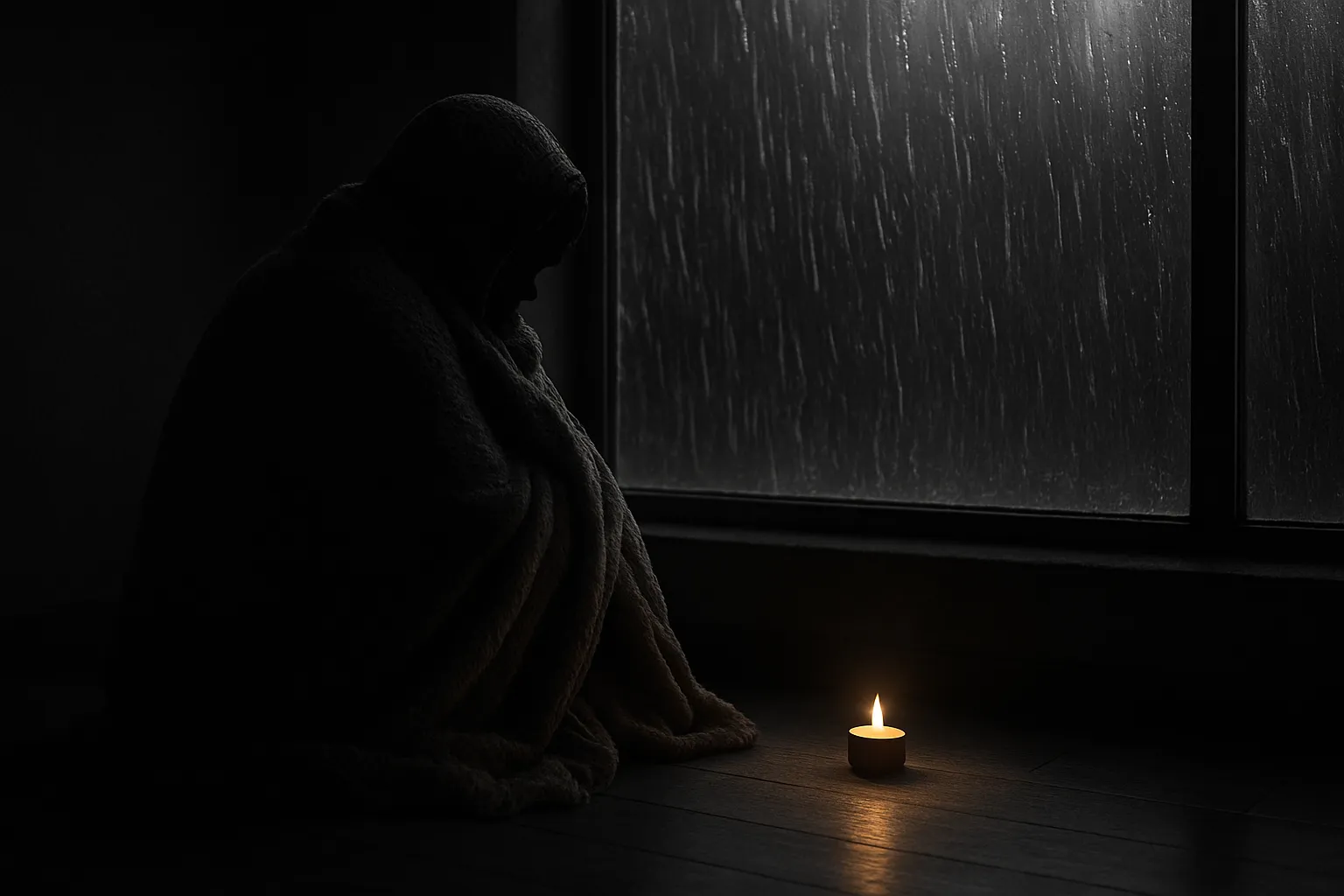The First 48 Hours After a Breakup: A Survival Guide

The Emotional Emergency Room
The first 48 hours after a breakup are a state of emotional shock. Your body and mind are reeling from an injury. The pain can feel physical, the confusion disorienting. During this critical window, your goal is not to heal, analyze, or "get over it." Your goal is simply to survive. This is your first-aid kit, a practical guide to navigating the immediate aftermath with actions designed to protect your mental health and preserve your dignity, setting the stage for healthier healing down the road.
Immediate Damage Control: The "DO NOT" List
Your impulses will be strong and likely self-destructive during this time. Your first job is to prevent actions you will regret later. Commit to this list.
- DO NOT Beg, Plead, or Negotiate: This is the most important rule. The decision, for now, has been made. Pleading for them to change their mind will not work; it will only strip you of your self-respect. Your dignity is your most valuable asset right now. Protect it fiercely.
- DO NOT Post on Social Media: Avoid the temptation to post vague, passive-aggressive song lyrics, angry rants, or sad selfies. You are in an emotionally volatile state. The internet is permanent. Log off, delete the apps from your phone, or ask a trusted friend to change your passwords for a couple of days.
- DO NOT Contact Their Friends or Family: Do not seek information, try to get them on your side, or ask them to pass on messages. This crosses boundaries and will likely backfire, creating more drama and complicating your healing.
- DO NOT Use Substances to Numb the Pain: While a glass of wine with a friend is one thing, attempting to numb the intense pain with excessive alcohol or drugs is a dangerous path. It only postpones the grief, intensifies negative emotions later, and can lead to actions (like drunk dialing your ex) that you will deeply regret.
Your Survival Checklist: What TO Do, Hour by Hour
Now that you know what to avoid, here are the proactive steps to take. Treat yourself like you are recovering from a physical trauma or a bad flu.
- DO Find a Safe Space: Get somewhere you feel physically and emotionally safe to fall apart. This could be your own home, a trusted friend's house, or a family member's spare room. Don't try to "be brave" at work or in public. Give yourself permission to collapse in a safe environment.
- DO Make "The Call": You are not meant to go through this alone. Identify one or two of your most trusted, non-judgmental friends or family members. Make the call. All you need to say is, "It's over. I'm not okay. Can you just be with me?" Let your support system do its job.
- DO Go No-Contact (For Now): This isn't about being petty; it's about self-preservation. Mute their profiles on all social media. Archive your text conversation so it's not staring you in the face. Give your brain a break from the constant stimulus of their name and face. You need to create a quiet space to process.
- DO Hydrate and Attempt to Eat: Your body is flooded with stress hormones like cortisol and adrenaline, which can kill your appetite. But your body needs fuel. Drink water. Try to eat something simple and bland—toast, soup, a banana. Your only physical job is basic maintenance.
- DO Engage Your Senses to Ground Yourself: Your mind is likely a chaotic storm of "what ifs." Ground yourself in your physical body. Take a long, hot shower. Wrap yourself in the heaviest blanket you own. Listen to a calming instrumental playlist or a podcast (avoid sad love songs!). Light a candle with a soothing scent. These small actions anchor you to the present moment.
- DO Allow Yourself to Feel Everything: Do not try to rationalize, minimize, or suppress the pain. The first 48 hours are for feeling the raw, unfiltered emotions. Cry. Yell into a pillow. Be furious. Be heartbroken. There is no "right" way to feel. The only way out is through, and the journey begins by letting the waves of grief wash over you without judgment.
Surviving the Next 48 Seconds
The goal for these two days is not to see the light at the end of the tunnel. It's to simply know that you are in a tunnel and to keep breathing. The pain will come in waves—some moments might feel almost manageable, others will be overwhelming. That is normal. Your only job is to focus on the next minute, the next hour. Be radically compassionate with yourself. You have survived every single difficult day of your life so far. You will survive this one, too.


